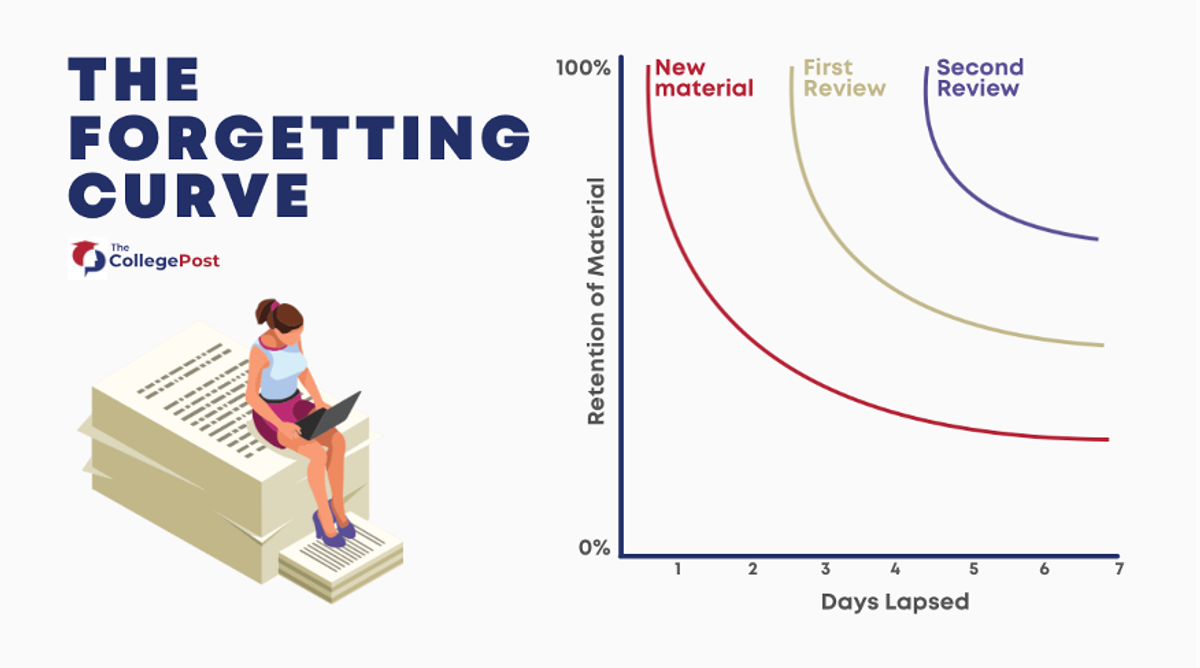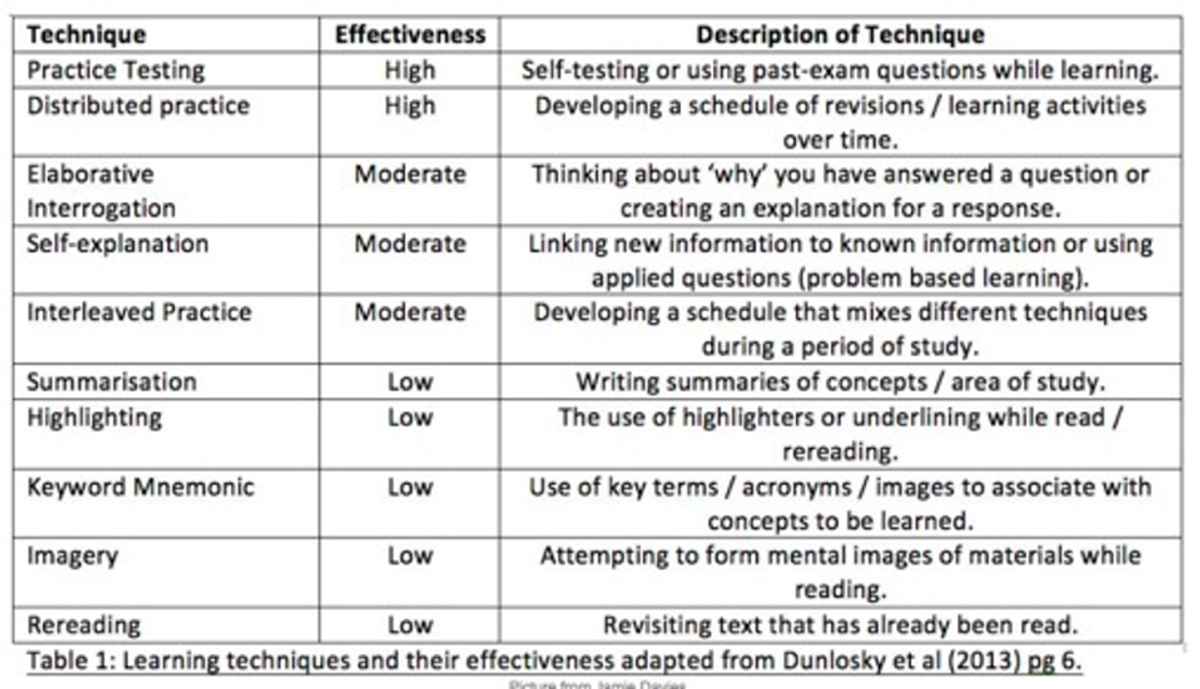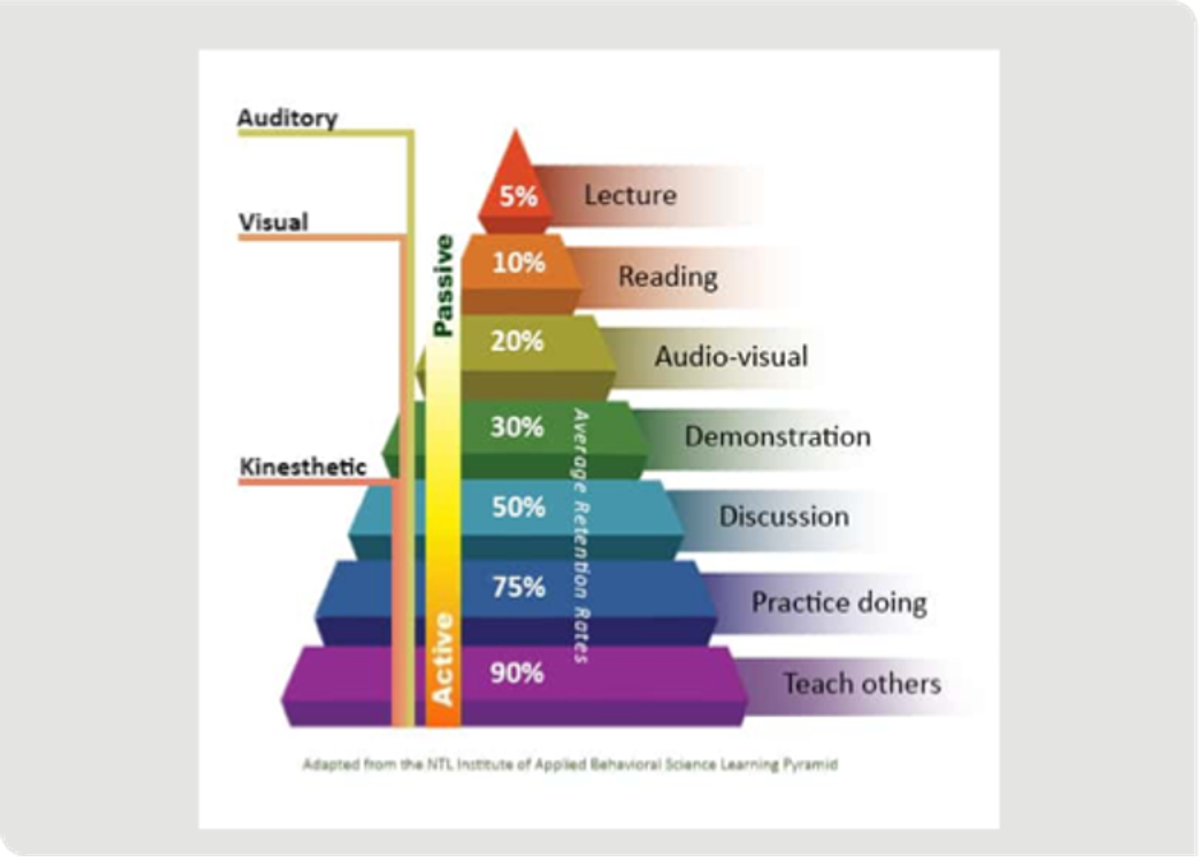The Science of Study

Tips to Help Students Prepare for Studying!
There is a lot of research and evidence that show the best techniques for study and also the best ways to prepare your study time and spaces. And the good news is, anyone can adopt these techniques and start studying towards success! This week we are featuring Steps 6 & 7.
Step 6: Metacognition
A key difference between average students and successful ones is their ability to exercise metacognition. Reflective thinking about what they know and don’t know, and about how they learn, makes them much more effective learners.
Metacognition is simply thinking about our own thinking. More precisely, exercising metacognition is when we intentionally plan, observe, and assess our processes and performance.
Research shows that the ability to critically analyse how we think influences how we approach tasks and what strategies we use to problem solve. It helps us to identify our own strengths and weaknesses, and make amendments to our approach accordingly.
Metacognition also affects our ability to apply knowledge beyond the immediate context in which it is learnt, which is the ultimate goal of learning.
We can improve our metacognition by being reflective and self-aware during all stages of learning and studying. Try asking yourself questions such as:
• “What am I trying to achieve?”
• “Am I on the right track?”
• “How can I improve my approach?”
• “What is working for me?”
• "What support do I need?"
You will notice that by reflecting on your progress, you will be more motivated to achieve your study goals, more aware of your performance and be more confident in your learning. Remember that studying effectively is not a matter of chance. It is only through intentional engagement with content, bringing that information to mind regularly over short, interspaced sessions and reflecting on our thinking, that we learn to study effectively. Taking a scientific approach to studying really is a no-brainer.
Step 7: Ask for Help
Don’t feel bad if you need to ask for help. If you're stuck on something, or something just doesn't seem to make sense, you can always ask for help. Talk to your teachers about the things you don't understand. Talk to your friends and fellow students too. People you can talk to about study and your learning include:
• Teachers through Microsoft teams / email
• Family members
• Friends and fellow students also via Teams.
Stay tuned for more tips in our next Newsletter or download the attachment for all the steps and detailed recommendations to prepare your study space, get organised, manage your time and study effectively.
Have You Tried This?
- Distributed Practice and the Forgetting Curve?
- The Pomodoro Technique?
- Retrieval Practice?
In the attachment below you will find vital information about these effective study techniques. We encourage parents to encourage students to use these techniques to study effectively.
Students are always welcome to come and speak with us about ways they can improve their study practice.
David Black, Tim Pearson
& Darren Hoogkamer
Senior School Leaders




